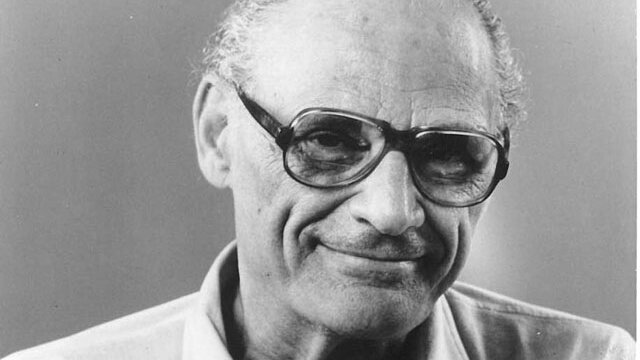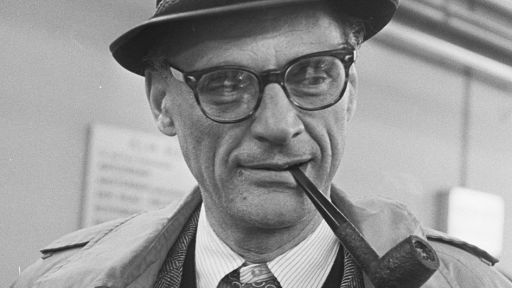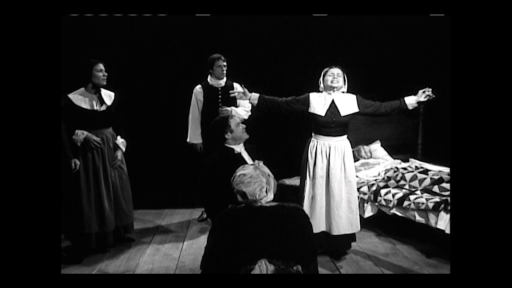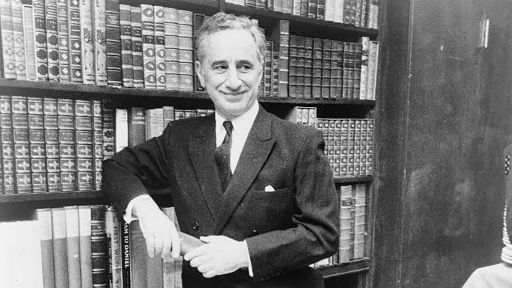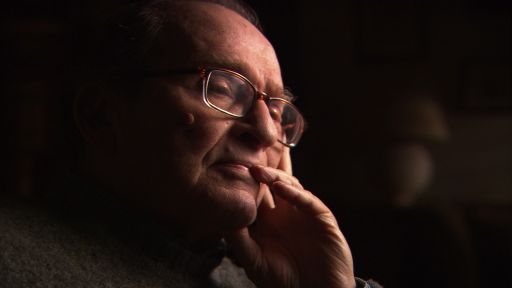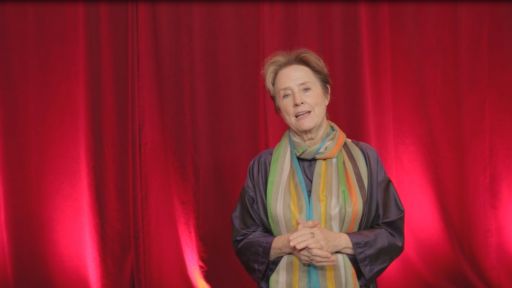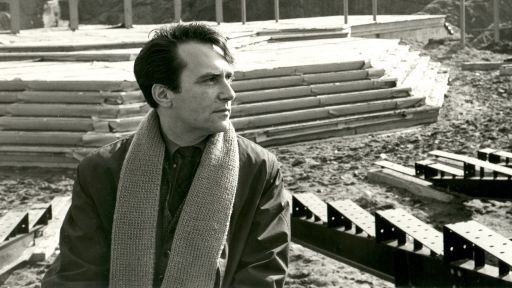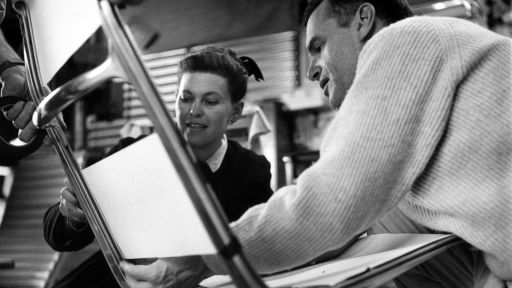Throughout the 1940s and 1950s America was overwhelmed with concerns about the threat of communism growing in Eastern Europe and China. Capitalizing on those concerns, a young Senator named Joseph McCarthy made a public accusation that more than two hundred “card-carrying” communists had infiltrated the United States government. Though eventually his accusations were proven to be untrue, and he was censured by the Senate for unbecoming conduct, his zealous campaigning ushered in one of the most repressive times in 20th-century American politics.
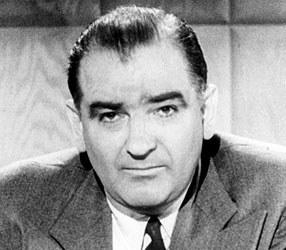
Sen. Joseph McCarthy
While the House Un-American Activities Committee had been formed in 1938 as an anti-Communist organ, McCarthy’s accusations heightened the political tensions of the times. Known as McCarthyism, the paranoid hunt for infiltrators was notoriously difficult on writers and entertainers, many of whom were labeled communist sympathizers and were unable to continue working. Some had their passports taken away, while others were jailed for refusing to give the names of other communists. The trials, which were well publicized, could often destroy a career with a single unsubstantiated accusation. Among those well-known artists accused of communist sympathies or called before the committee were Dashiell Hammett, Waldo Salt, Lillian Hellman, Lena Horne, Paul Robeson, Elia Kazan, Arthur Miller, Aaron Copland, Leonard Bernstein, Charlie Chaplin and Group Theatre members Clifford Odets, Elia Kazan, and Stella Adler. In all, three hundred and twenty artists were blacklisted, and for many of them this meant the end of exceptional and promising careers.
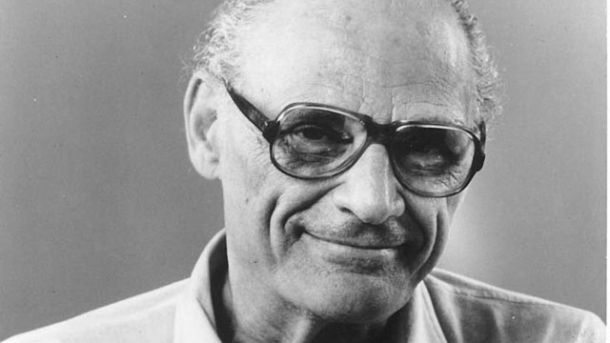
Playwright Arthur Miller
During this time there were few in the press willing to stand up against McCarthy and the anti-Communist machine. Among those few were comedian Mort Sahl, and journalist Edward R. Murrow, whose strong criticisms of McCarthy are often cited as playing an important role in his eventual removal from power. By 1954, the fervor had died down and many actors and writers were able to return to work. Though relatively short, these proceedings remain one of the most shameful moments in modern U.S. history.

